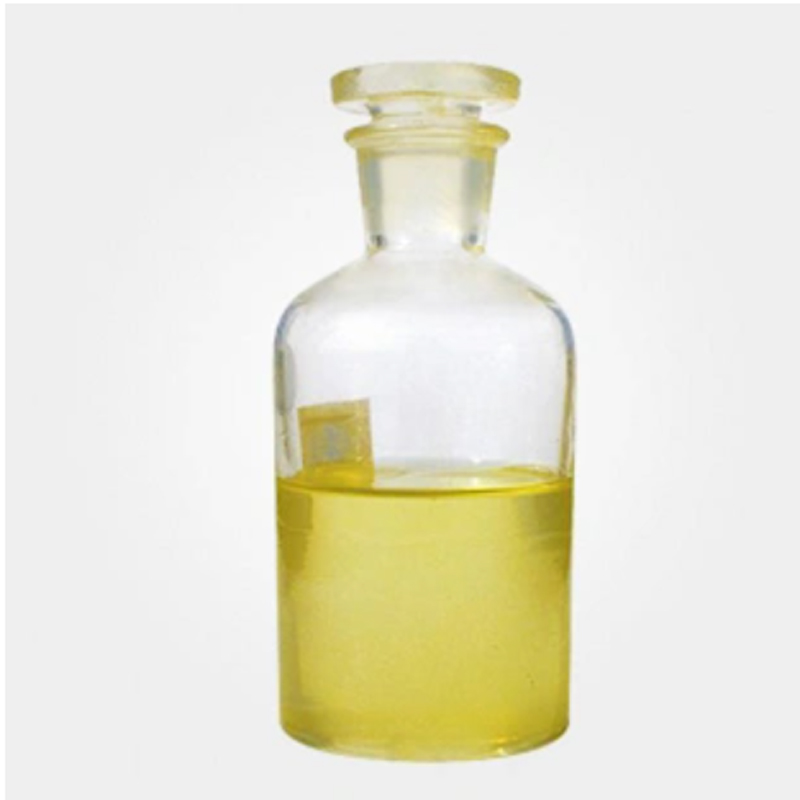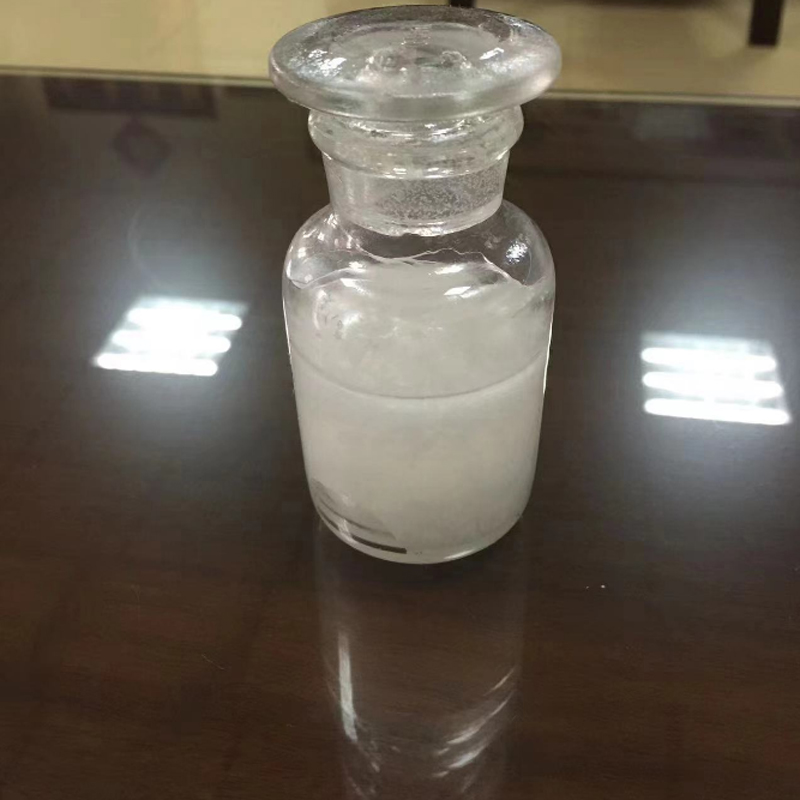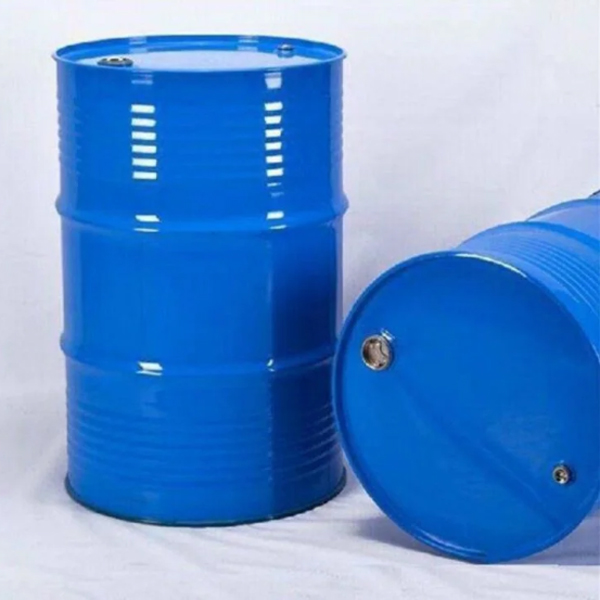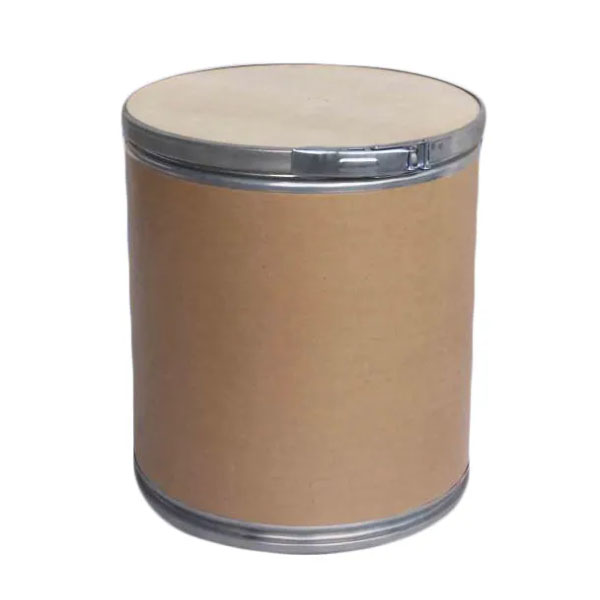Dicyclohexylcarbodiimide (DCC) is a highly versatile chemical compound that plays a crucial role in organic synthesis and various industrial applications. As a prominent dehydrating agent and coupling reagent, DCC is widely utilized in the production of amides, esters, and other derivatives essential for numerous sectors, including pharmaceuticals, biotechnology, and materials science. This article will delve into the properties, applications, and advantages of DCC, highlighting its significance as a chemical raw material in modern industry.
Understanding Dicyclohexylcarbodiimide
Dicyclohexylcarbodiimide is an organic compound with the formula C13H22N2. It is classified as a carbodiimide, characterized by the presence of the functional group -N=C=N-. DCC is typically a colorless to pale yellow liquid with a low melting point, making it easy to handle and integrate into various chemical processes.
Chemical Properties
Molecular Weight: 206.34 g/mol
Melting Point: Approximately 1 °C
Boiling Point: About 182 °C
Solubility: Insoluble in water but soluble in organic solvents like dichloromethane and acetonitrile.
These properties make DCC an ideal candidate for reactions requiring specific conditions and solubility profiles.

Applications of Dicyclohexylcarbodiimide
DCC's versatility allows it to be employed in numerous applications across different industries:
1. Peptide Synthesis
One of the primary uses of DCC is in peptide synthesis, where it acts as a coupling agent to facilitate the formation of peptide bonds between amino acids. This process is essential for producing peptides and proteins used in pharmaceuticals and research.
Mechanism: DCC activates carboxylic acid groups, enabling them to react with amines to form amides. The reaction typically results in the formation of dicyclohexylurea (DCU) as a by-product, which can be easily removed through filtration.
2. Organic Synthesis
In organic chemistry, DCC is widely used for synthesizing various compounds due to its dehydrating properties. It plays a significant role in:
Amide Formation: Facilitating the reaction between carboxylic acids and amines.
Ester Synthesis: Reacting alcohols with carboxylic acids to produce esters.
Nitrile Production: Converting primary amides into nitriles through dehydration reactions.
These reactions are fundamental for creating intermediates used in pharmaceuticals and agrochemicals.
3. Polymer Chemistry
DCC is also utilized in polymer chemistry for cross-linking reactions. It helps create stable networks within polymers by forming covalent bonds between polymer chains.
Example: In the production of polyurethanes and other thermosetting plastics, DCC can enhance mechanical properties and thermal stability.
4. Bioconjugation
In biochemistry, DCC serves as a cross-linker for bioconjugation processes, allowing researchers to attach biomolecules such as proteins or nucleic acids to surfaces or other biomolecules.
Application: This technique is crucial for developing biosensors, drug delivery systems, and diagnostic tools.

Advantages of Using Dicyclohexylcarbodiimide
The use of DCC offers several advantages that contribute to its popularity in various applications:
1. High Efficiency
DCC enables high-yield reactions with minimal side products. Its ability to activate carboxylic acids efficiently leads to improved reaction rates and product purity.
2. Versatility
As a multifunctional reagent, DCC can be applied across diverse fields, including pharmaceuticals, materials science, and biotechnology. This versatility makes it a valuable asset in any chemical laboratory or industrial setting.
3. Ease of Removal of By-products
The by-product formed during reactions involving DCC (dicyclohexylurea) is sparingly soluble in most organic solvents, allowing for straightforward removal through filtration. This characteristic simplifies purification processes and enhances overall efficiency.
4. Compatibility with Various Functional Groups
DCC can be used with various functional groups without causing unwanted side reactions. This compatibility expands its applicability in complex synthetic pathways where multiple functionalities are present.

Future Trends in the Use of Dicyclohexylcarbodiimide
As industries continue to evolve, several trends are emerging regarding the use of DCC:
1. Green Chemistry Initiatives
There is an increasing focus on sustainable practices within the chemical industry. Researchers are exploring greener alternatives to traditional coupling agents like DCC that minimize waste and reduce environmental impact while maintaining efficiency.
2. Advances in Biotechnology
The demand for bioconjugation techniques is growing within biotechnology fields such as drug development and diagnostics. As these areas expand, the need for effective cross-linking agents like DCC will likely increase.
3. Enhanced Synthesis Techniques
Ongoing research aims to improve synthesis techniques involving DCC by optimizing reaction conditions or developing new methodologies that enhance yield and reduce side reactions.

Conclusion
Dicyclohexylcarbodiimide stands out as a versatile chemical raw material with significant applications across various industries. Its role as a dehydrating agent and coupling reagent has made it indispensable in organic synthesis, peptide production, polymer chemistry, and bioconjugation processes.
Shanghai Lianye Environmental Protection Technology Co., Ltd., with its commitment to research and development in environmental technology, recognizes the importance of such versatile chemicals in advancing industrial processes while ensuring safety and sustainability.
As industries continue to seek innovative solutions that prioritize efficiency and environmental responsibility, dicyclohexylcarbodiimide will remain a vital component in the toolkit of chemists and engineers alike. By understanding its applications and advantages, businesses can harness the power of this versatile compound to drive progress across diverse fields while adhering to best practices in safety and sustainability.
Dicyclohexylcarbodiimide: A Versatile Industrial Raw Material for Various Applications

